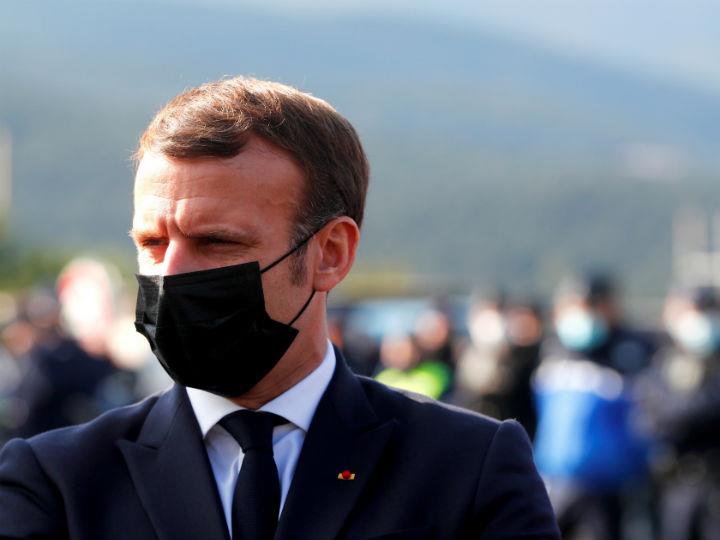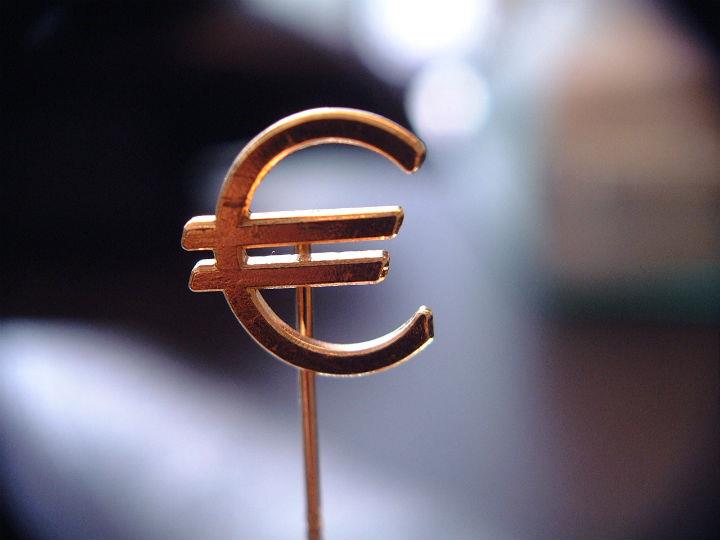by Mathieu Pollet
Following the short-lived controversy that marred the display of the European flag on the Arc de Triomphe in Paris, it is clear that the next six months of the French presidency of the Council of the European Union are shaping up to be a delicate political balancing act.
Last holding the position in 2008, France took over the reins of the EU’s co-legislative institution from Slovenia on 1 January 2022. It will steer work within the Council and attempt to bring the member states together through negotiation and compromise.
Despite France’s gravitas and experience, the mandate is expected to be anything but plain sailing for Emmanuel Macron, who will be de facto leading the Council and campaigning for re-election as president in April, in the face of the rising challenge from France’s far-right camp.
“We did not choose the calendar,” Macron said curtly when presenting the priorities of the French presidency on 9 December, stating that this convergence was “the fruit of the implementation of Brexit”.
“We have to play our role with a spirit of responsibility,” he stressed, adding that he would exercise his mandate as president “until the last quarter of the hour”.
The French opposition, however, has denounced the possible risk of using the European agenda and deadlines to serve the electoral campaign. The EU also risks occupying a central place in the political debates, to the point of fueling inevitable polarisation on these issues.
For example, the first day of the French presidency was marked by an immediate controversy after the EU flag was hoisted underneath the Arc de Triomphe, without the French one. This gave rise to heated exchanges between the ruling coalition and the opposition on the right, including Valerie Pecresse and Marine Le Pen, two of Macron’s likely challengers.
The EU flag was quickly removed after barely 24 hours on displya, in what appeared to be an initial defeat for Macron.
The EU issues could prove to be a double-edged sword for the French head of state, given the ambitions displayed for the 27 member states and the very tight agenda.
In other words, Macron is launching a high-stakes political gamble.
If he succeeds in bringing France’s priority projects to a successful conclusion, he will undoubtedly highlight in the election campaign these successes, his sense of compromise, and his weight on the international scene. This should go down well with his core electorate, which is rather pro-European.
On the other hand, if Macron fails to achieve concrete results, his political opponents will waste no time in using these setbacks to weaken him at home.
Thus, France has its EU homework cut out and should lead the biggest legislative dossiers at full speed, with no time to lose.
The major rendez-vous
Macron is to begin by receiving the college of European Commissioners on 6 and 7 January in Paris. He is then expected in Strasbourg on 19 January, during the next plenary session of the European Parliament, for an inaugural speech to MEPs.
He will also chair the “One Ocean” summit, dedicated to protecting the oceans and seas, on 11 February in Brest before bringing together in Brussels, on 17-18 February, the leaders of the EU and the African Union, to discuss to relations between the two continents.
“The link between [Africa and Europe] is the great political and geopolitical project of the decades to come,” the French president declared in December, stating his desire to launch an economic and financial New Deal with Africa.
Finally, Macron will chair a new summit on the “new European model for growth and investment” on 10 and 11 March.
The EU must be “obsessed” with “creating jobs” and “fighting mass unemployment”, Macron said in his December speech, adding that it is also about creating “the right jobs”. “We must ensure Europe’s position” and its strength in defining the standards of tomorrow. Action at state level is not the right scale,” he said then.
*first published in: www.euractiv.com




 By: N. Peter Kramer
By: N. Peter Kramer
